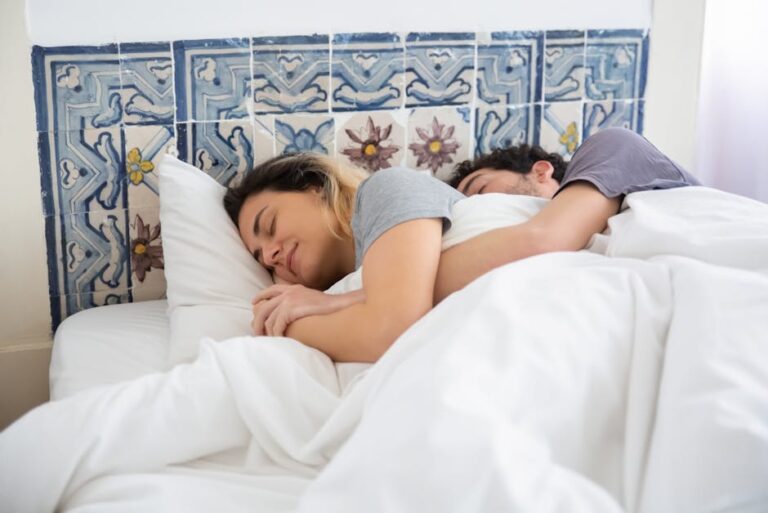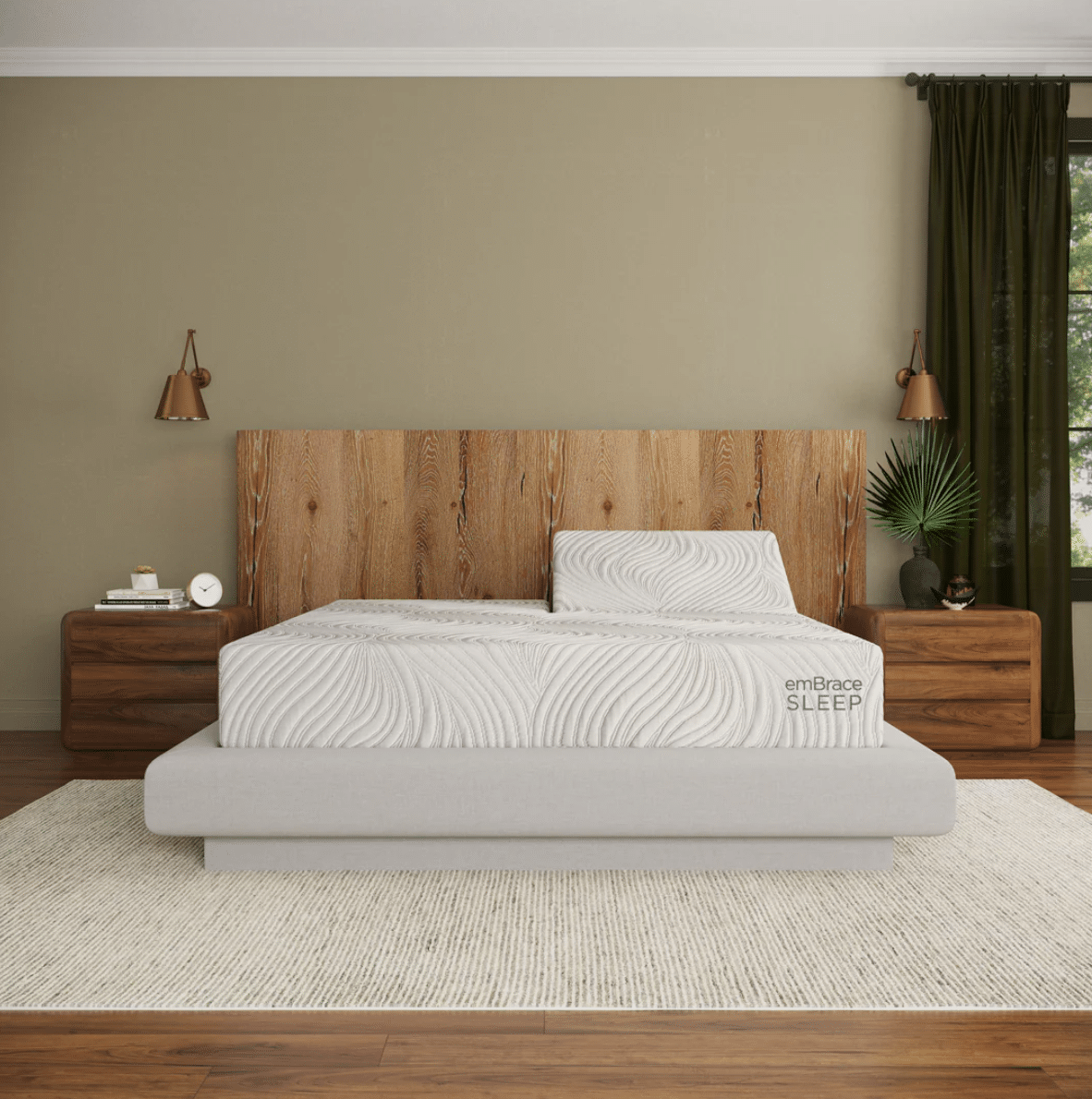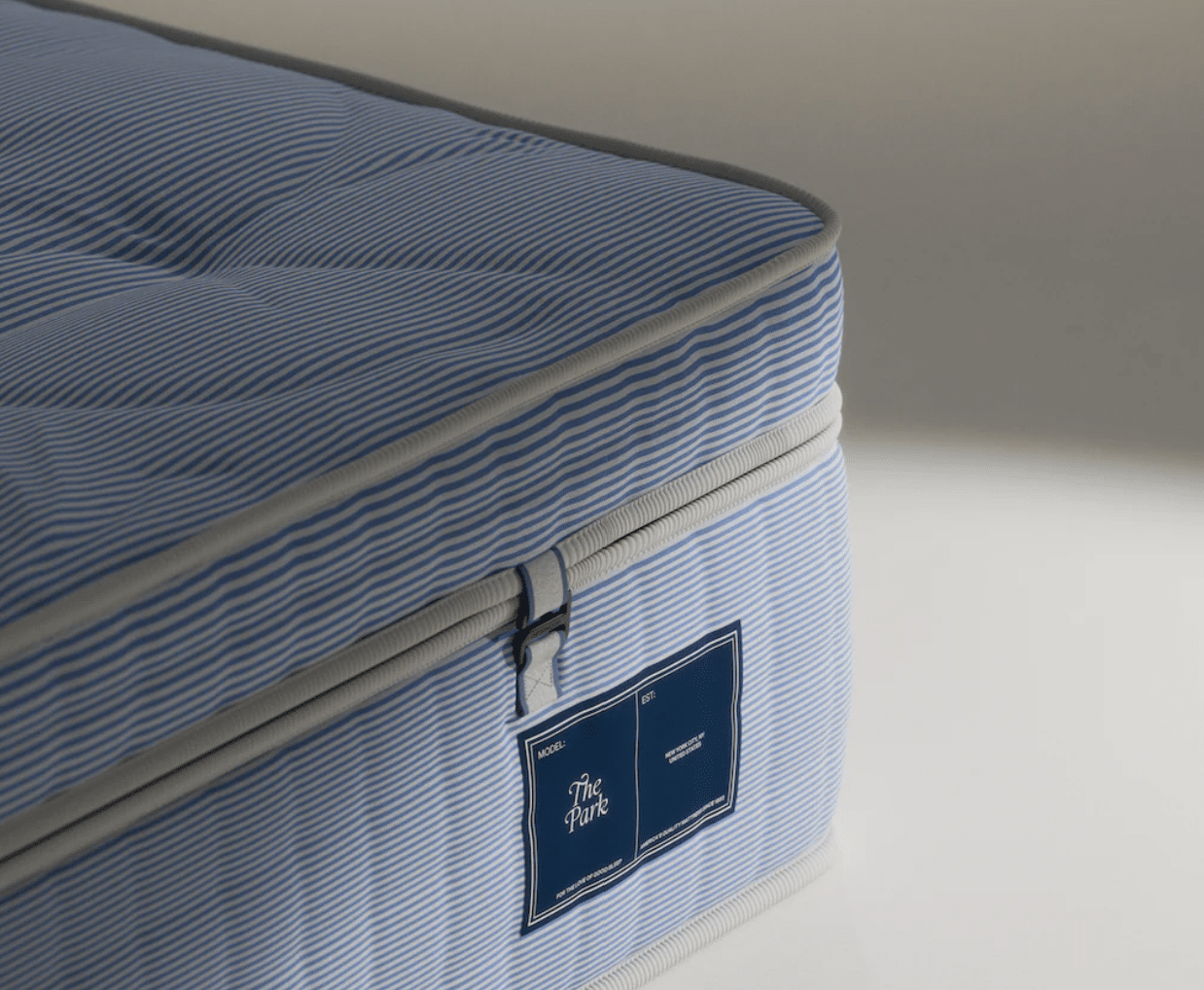Social Media and Sleep: Understanding the Statistics
In today’s digital landscape, the omnipresence of social media is undeniable, but this constant connectivity raises a pressing question: How does social media affect sleep? Gaining insights into this relationship is crucial for developing healthier habits that promote better sleep quality and overall well-being.
The Connection Between Social Media and Sleep
Teenage Sleep Disturbances
Teenagers are particularly affected by social media usage. With a significant number of adolescents describing themselves as “constantly online,” the repercussions on their sleep patterns are concerning. Research indicates that frequent social media use often leads to poor sleep quality as the need to remain connected can result in delayed bedtimes.
Statistics are telling:
– Screen Time: On average, teenagers spend approximately 7.5 hours per day on screens. This extensive exposure correlates directly with diminished sleep quality.
– Sleep Duration: Teens often experience shorter sleep durations and increased difficulty in falling back asleep after waking early, a common consequence of late-night social media engagement.
– Delayed Sleep: Each hour of interactive screen time, be it texting or gaming, can delay their sleep onset by about 11 minutes, often extending to 30 minutes if these activities occur close to bedtime.
Adult Sleep Disruptions
Adults aren’t exempt from these challenges. Emerging research suggests that as social media engagement increases, sleep disturbances also rise, although the depth of study is not as pronounced as with teenagers.
– Frequency of Check-Ins: Adults who frequently check their social media accounts throughout the week are three times more likely to experience interrupted sleep than those who check less often.
– Total Screen Time: Adults spend around 61 minutes daily on social platforms, with an alarming rate of 30 checks per week. This high level of engagement can disrupt circadian rhythms and lead to degraded sleep quality.
The Science Behind Sleep Disruption
Blue Light and Melatonin Suppression
One of the primary culprits in the sleep disruption caused by social media is blue light. Devices like phones, tablets, and computers emit this light, which can significantly interfere with melatonin production—the hormone responsible for regulating sleep.
When exposed to blue light, especially before bedtime, melatonin levels drop, making it more challenging to drift off to sleep. This suppression can result in not only insomnia but also premature awakening and fragmented sleep cycles.
Fear of Missing Out (FOMO)
Another psychological factor at play is the Fear of Missing Out (FOMO). This anxiety can compel individuals to check social media continuously, even late into the night. Studies reveal that both teenagers and adults experience heightened levels of anxiety due to this constant digital check-in habit, leading to significant disturbances in their sleep cycles.
Disrupted Sleep Patterns and Cognitive Arousal
Social media platforms often come with a barrage of notifications and alerts, which can fragment sleep. The compulsion to respond to these notifications can pull individuals from restorative sleep, impacting their overall sleep quality. Moreover, engaging content that sparks emotional responses—whether an arresting news article or a heated online discussion—can heighten cognitive arousal, hindering the winding-down process required for restful sleep.
The Statistics Say It All
Teenagers: A Closer Look
The data surrounding teenagers paints a glaring picture. Nearly all U.S. adolescents have access to smartphones, and their relationship with these devices is intricately woven into their daily routines.
– Sleep Disturbances: About 60% of teens report feeling excessively tired during the day due to insufficient sleep linked to social media habits.
– Early Wake-Ups: Increased digital engagement leads many teens to wake up earlier than intended, which, combined with delayed bedtimes, curtails their sleep duration.
Adults: An Emerging Concern
While research on adults is less extensive, preliminary findings show troubling trends that mirror those of teenagers.
– Sleep Patterns: Adults who use social media before bed often display circadian rhythm disruptions similar to those seen in teens, leading to poor sleep quality.
– Increased Risk for Sleep Issues: Spending more time on social media correlates with greater sleep concerns, painting a clear picture of the pervasive impact of digital engagement on well-being.
Recommendations for Healthier Sleep Patterns
Limit Screen Time
One of the most effective strategies to combat the adverse effects of social media on sleep is to reduce screen time before bed. Experts recommend setting a tech curfew—ideally, one hour before sleep. Utilize this time for calming activities like reading or gentle stretching to signal to your body that it’s time to wind down.
Manage Notifications
Turning off notifications during the night can significantly reduce sleep disturbances. Relocating devices to another room or at least across the bedroom can also help minimize the temptation to check social media during the wee hours.
Create a Sleep-Friendly Environment
Cultivating a calming sleep environment is paramount. Keep your bedroom dark, cool, and quiet to promote restful sleep. Establish device-free zones to decrease the likelihood of late-night scrolls, ensuring that all electronic devices are kept out of reach.
Conclusion
As we navigate the complexities of our digital era, understanding how social media affects sleep statistics is more important than ever. The connections between late-night screen time, FOMO, and sleep problems underscore the need for mindfulness in our digital habits. By implementing simple yet effective changes—like limiting screen time, managing notifications, and creating a restful environment—we can mitigate the negative impacts of social media on our sleep.
At Yawnder, we believe that prioritizing sleep is vital for both physical and mental health. Increased awareness and actionable strategies can pave the way for a more balanced relationship with social media, allowing us all to enjoy the restorative sleep we need for our well-being.



















